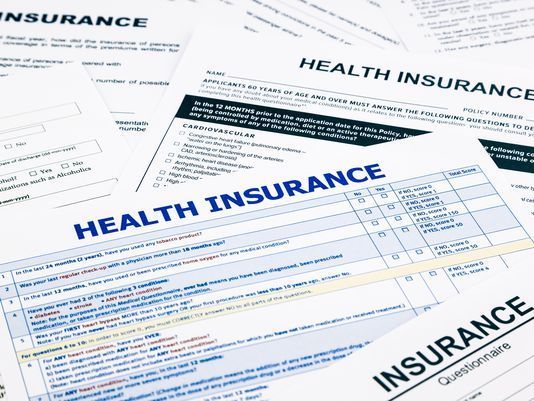BOISE, Idaho – Supporters of expanded Medicaid services gained momentum this week after Maine became the first state in the country to pass an expansion by referendum in the 2017 general election. Groups in Idaho have pushed for a ballot similar to that of Question 2 in Maine, which passed on Tuesday, with 58.9 percent of the vote.
An Idaho-based group called Reclaim Idaho announced last month that they had submitted a proposal to add Medicaid expansion to the ballot for the 2018 election. The group now must gather signatures from six percent of all registered voters before it will appear on the ballot for a vote across the state of Idaho.
While a majority of other states have passed Medicaid expansion through their legislature, Maine is the first state to successfully pass a referendum voted on by the public. Supporters view it as a major success for the Affordable Care Act, passed by the Obama administration, but critics see roadblocks in the future. The governor of Maine, Paul LePage, issued a statement rejecting the vote by the public, saying, “my administration will not implement Medicaid expansion until it has been fully funded by the Legislature at the levels DHHS has calculated, and I will not support increasing taxes on Maine families,” adding that it would cost taxpayers hundreds of millions of dollars in the state.
Idaho and Utah are the next two states to run on the momentum of Maine’s success to attempt to secure a victory for residents who rely on Medicaid for their health care. Critics say the expansions will cost millions for taxpayers, and take money away from other vital services like education and infrastructure. Supporters insist that providing health care to the poorest Americas is a primary and necessary step toward equality and improved health services in the nation.


